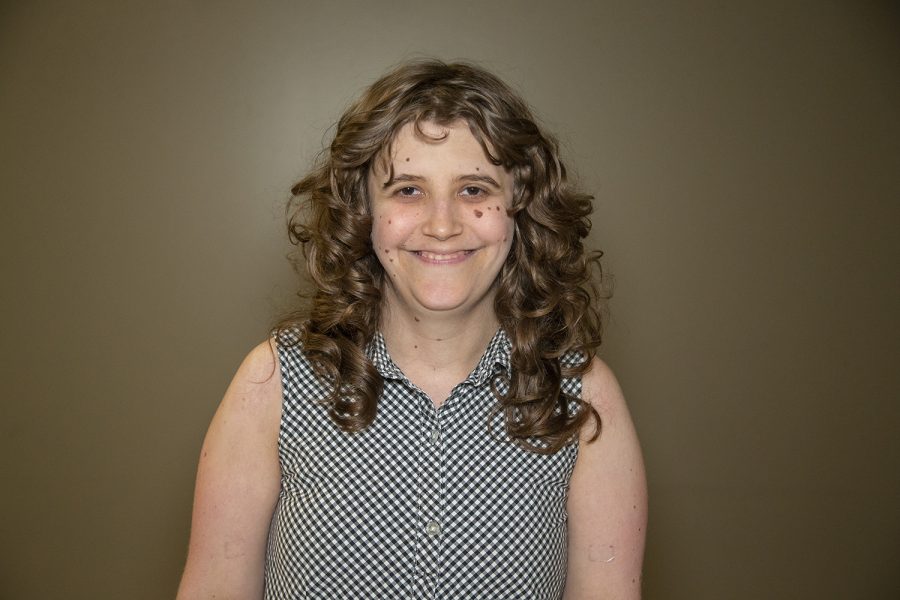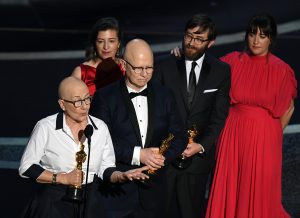Opinion: My experience with congenital heart disease
It’s Congenital Heart Disease Awareness Month, a condition that often is overlooked but means so much to me.
February 11, 2020
What comes to mind when hearing “congenital heart defect”? Most people probably have no idea what congenital means. As someone who has this condition, I know the word means present since birth.
February is Congenital Heart Disease Awareness Month. My heart defect is caused by Turner syndrome, a genetic disease resulting from a missing X chromosome.
The fact I had to define the terms “congenital” and “Turner syndrome” shows more awareness about congenital heart defects is necessary.
People with certain genetic diseases are at a higher risk for heart defects. Their doctors should know that and refer them to any other needed health professionals. In order to do their jobs well, medical professionals should know about congenital heart defects and how to monitor them.
I got diagnosed with my heart defect after being referred to a cardiologist by my cardiologist, a doctor specializing in hormone and genetic disorders.
I have an enlarged aortic valve, a common side effect of Turner’s. I take medicine for treatment and have annual cardiology visits to make sure it has not grown to the extent that I need surgery. According to my cardiologist, I probably will eventually need open-heart surgery.
If my cardiologist was not aware of me being at risk for a congenital heart defect because of Turner’s, I would have ended up in a situation where I would need medicine and open-heart surgery without knowing it.
I need to have awareness of my heart defect. I need to know what medicine to take and activities which would put too much of a strain on my heart.
Why do people who aren’t medical professionals, but do have heart defects, need to be aware?
Imagine having a friend, coworker, family member, or romantic partner with a heart defect. Wouldn’t you want to know how to communicate with them?
Because it is a physical disability, I don’t want to be teased, even good-naturedly, because I cannot do certain physical activities. Besides that, I want to be spoken to and treated as if I did not have one. Don’t be meaner or nicer to me because of it. For those of you learning about this for the first time, I’m the same person I was before you read this.
My heart defect doesn’t decrease my value as a person, but it also does not make me Wonder Woman. It doesn’t define me, but it is a part of who I am.
It made me believe in loving others unconditionally. My defect has taught me independence, positivity, and empathy. It helped me discover that you’ll get nowhere focusing on what you can’t, instead of can, do.
Awareness should be about people with congenital heart defects sharing their stories. It should be about realizing heart defects do not stop people from doing noteworthy things.
I don’t want to be inspiring for living a normal and happy life despite my physical disability. The way I see it, there’s no other way to live successfully.
Instead of sympathy, I want people to be proud of me. Don’t be sorry for me because I can’t lift weights. Be proud of me for what I can do, such as writing and memorizing the 12 cranial nerves of the brain.
If I could change being born with a heart defect, I wouldn’t. I’m not saying this to be noble; I mean it.
That would take away the best parts of me. My heart defect, which is supposed to weaken my heart, has also given me qualities which make people tell me I’ve got a good heart.
Columns reflect the opinions of the authors and are not necessarily those of the Editorial Board, The Daily Iowan, or other organizations in which the author may be involved.





